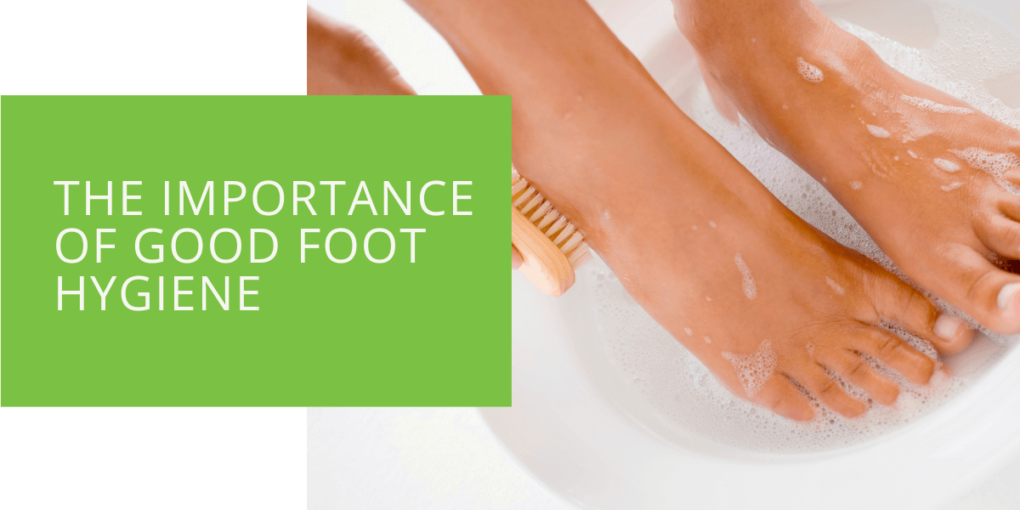The Importance of Good Foot Hygiene
Proper foot hygiene is an essential part of overall health and well-being. Many people often overlook the care of their feet, but healthy feet are crucial for a high quality of life. Poor foot hygiene can lead to various foot problems, such as athlete's foot, bunions, and ingrown toenails. To avoid these issues, it's important to practice good foot hygiene and see a podiatrist if necessary. This article will discuss the importance of foot hygiene, how to practice good foot hygiene, and when to see a podiatrist for proper foot care.
What Is Foot Hygiene?
Foot hygiene refers to the practices and habits that help maintain clean, healthy feet. It includes daily routines such as washing, drying, moisturizing your feet, and wearing appropriate socks and shoes.
Why Is Foot Hygiene Important?
Good foot hygiene is important for several reasons. Firstly, it helps prevent foot problems such as fungal infections, athlete's foot, and ingrown toenails. These issues can be painful and uncomfortable and lead to more serious problems if left untreated. Good foot hygiene can also help prevent foot odors, which can be embarrassing and unpleasant for those around you.
Additionally, healthy feet are essential for mobility and overall physical well-being. If you have foot pain or other foot issues, walking and participating in daily activities can be difficult. You can keep your feet healthy and avoid these issues by practicing good foot hygiene.
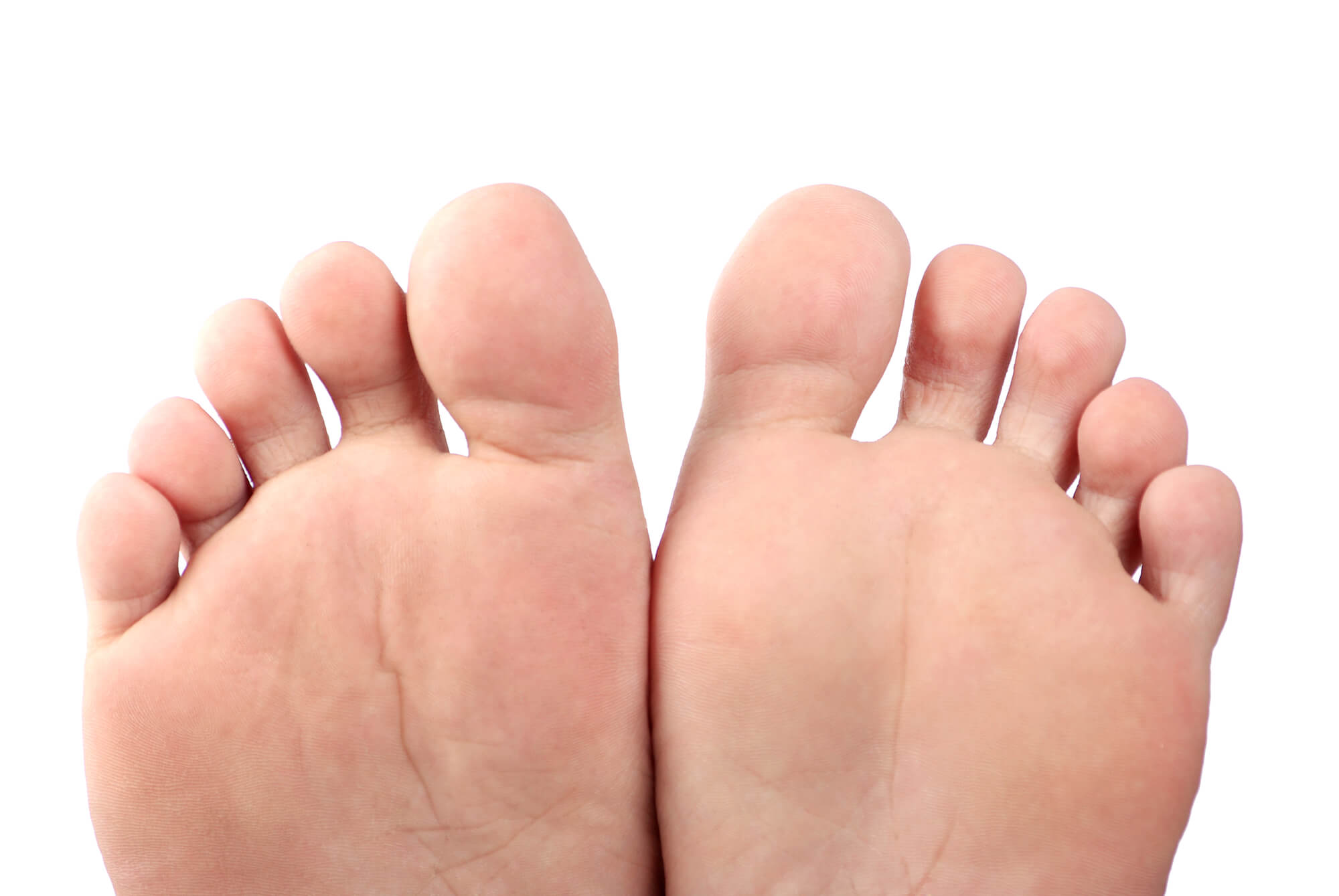
How to Practice Good Foot Hygiene
There are several steps you can take to practice good foot hygiene daily.
Washing Your Feet
It's important to wash your feet daily, especially between your toes, as this can help prevent fungal infections. Use warm water and gentle soap, and be sure to rinse thoroughly.
Drying Your Feet
After washing your feet, it's important to dry them thoroughly, especially between your toes. Moisture can lead to fungal infections, so dry your feet completely before wearing socks or shoes.
Moisturizing Your Feet
Your feet need moisture just like the rest of your skin, so it's important to moisturize your feet regularly. This can help prevent dry, cracked skin and keep your feet looking and feeling healthy.
Trimming Your Toenails
Properly trimmed toenails can help prevent ingrown toenails and other foot problems. Cut your toenails straight across, and avoid rounding the corners or cutting them too short.
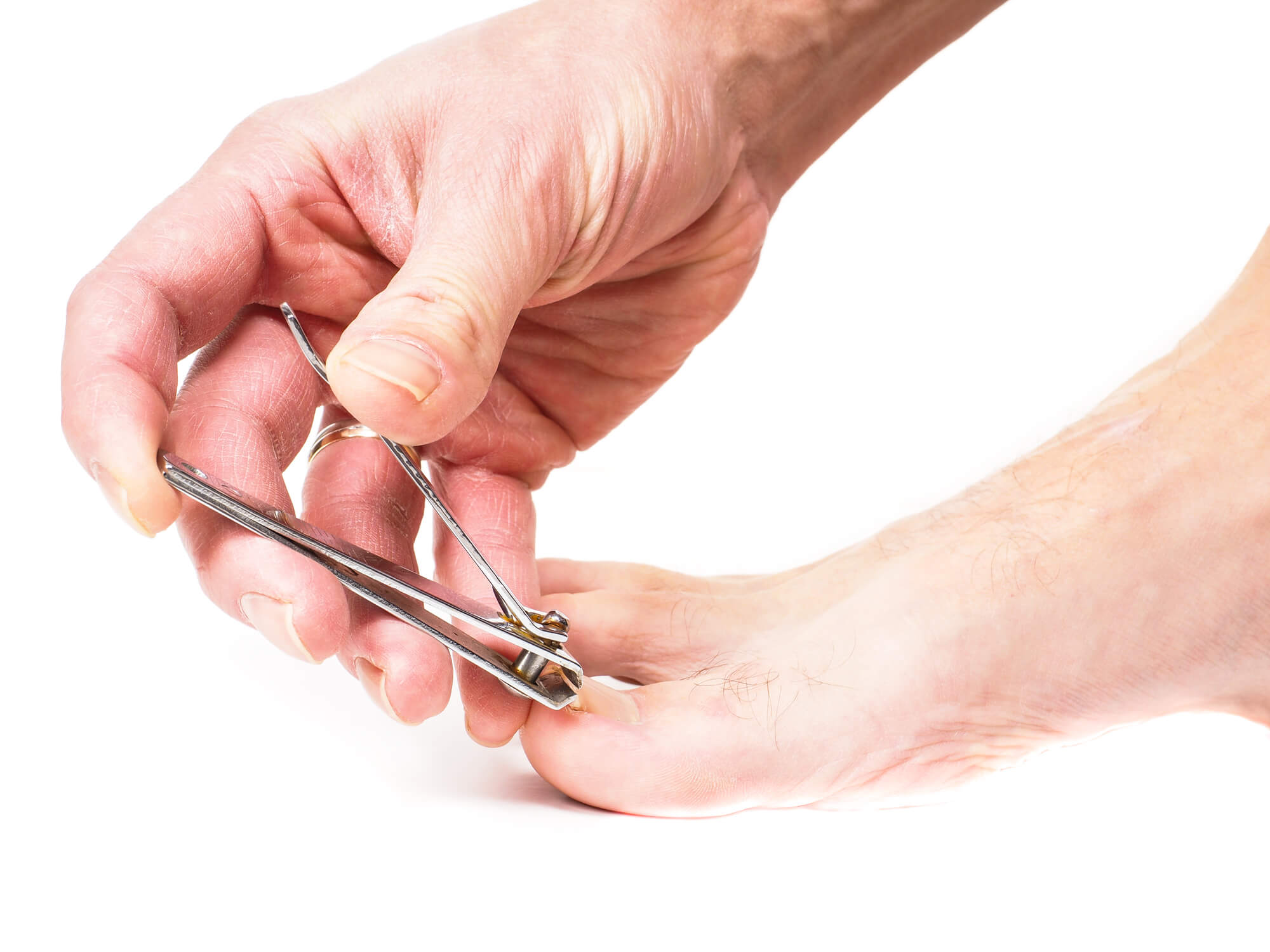
Choosing the Right Socks and Shoes
Socks
Wearing the right socks can help keep your feet healthy and prevent foot problems. Choose socks made from moisture-wicking materials to help keep your feet dry, and avoid wearing the same pair of socks multiple days in a row.
Shoes
Wearing shoes that fit properly and provide good support can help prevent foot problems such as bunions and blisters. Avoid wearing shoes that are too tight or too loose, and be sure to replace them when they start to wear out.
Keeping Your Feet Clean and Dry in Public Places
It's important to keep your feet clean and dry in public places, especially where you may be at higher risk for fungal infections, such as pools, locker rooms, and public showers. Wear flip-flops or sandals in these areas to help protect your feet.
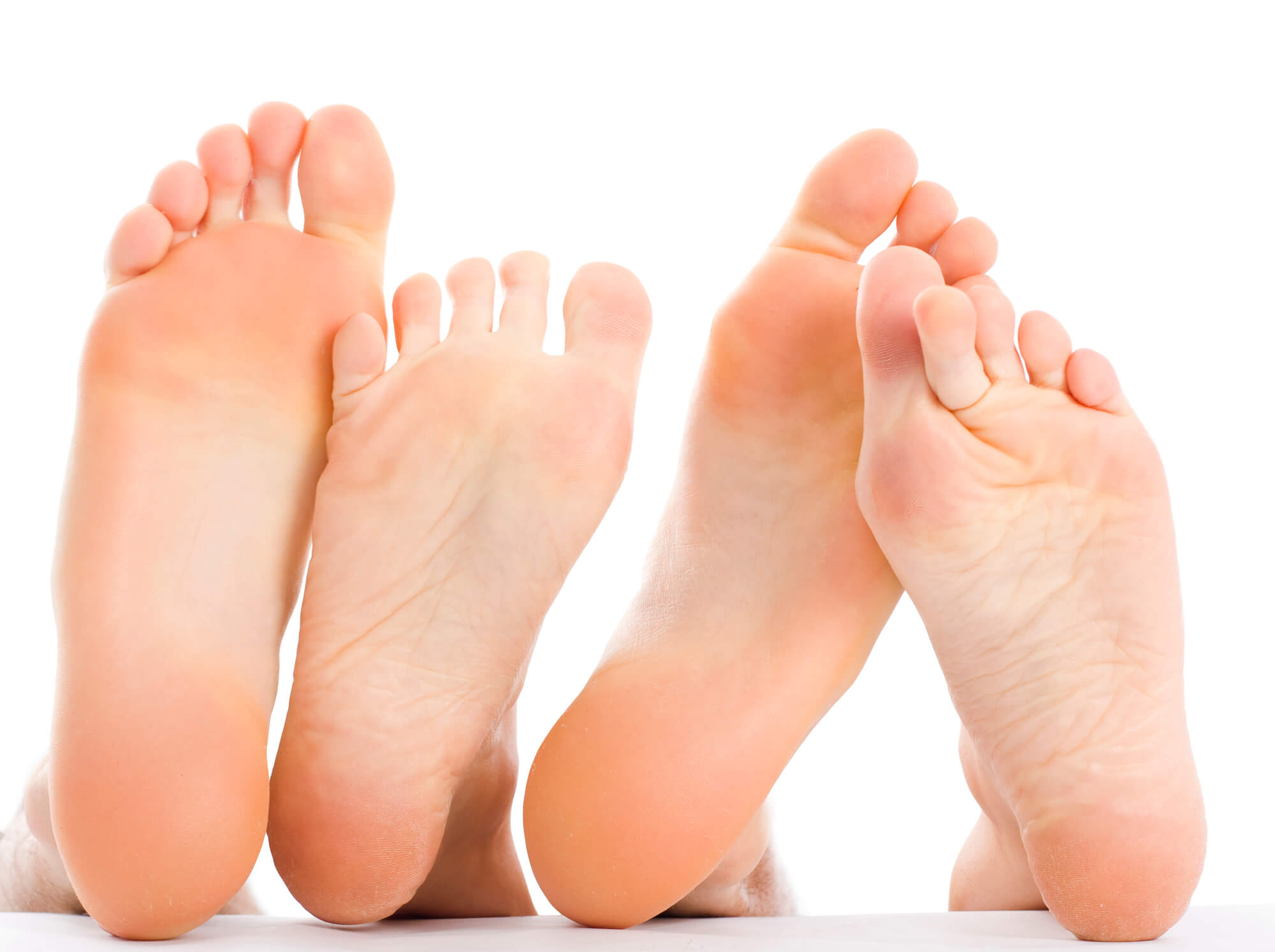
Common Foot Hygiene Mistakes to Avoid
Not Washing Your Feet Regularly
It's important to wash your feet daily to help prevent fungal infections and other foot problems. You'll likely develop foot issues if you skip a day or two.
Sharing Nail Clippers or Pedicure Tools
Avoid sharing nail clippers, pedicure tools, or other foot care items with others. These tools can harbor bacteria and fungi and can spread infections if used on multiple people.
Not Replacing Old Shoes
Wearing too old shoes can lead to foot problems, such as blisters and bunions. Be sure to replace your shoes when they start to wear out and avoid wearing the same pair of shoes multiple days in a row.
Walking Barefoot in Public Places
Avoid walking barefoot in public places, as this can expose your feet to bacteria and fungi that can lead to infections. Wear shoes or flip-flops in these areas to help protect your feet.
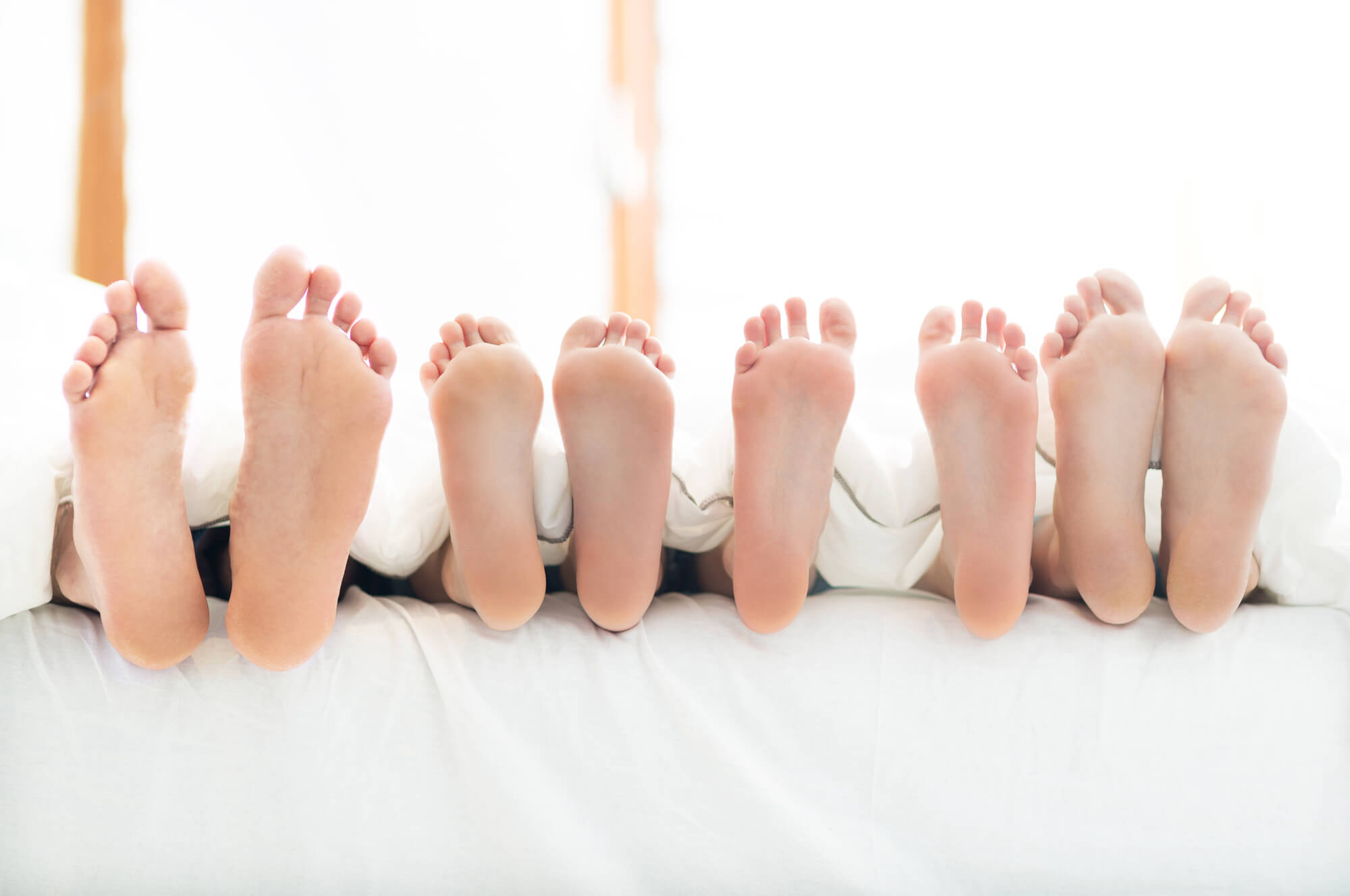
When to See a Doctor About Your Foot Hygiene
Signs of Infection or Other Foot Problems
If you notice any signs of infection or other foot problems, such as redness, swelling, or pain, it's important to see a podiatrist as soon as possible. These issues can often be treated easily if caught early but can become more serious if left untreated.
Pre-Existing Foot Conditions
If you have a pre-existing foot condition, such as diabetes or arthritis, you must see a podiatrist for regular check-ups and foot care. These conditions can affect the health of your feet, and proper care can help prevent further issues.
Diabetic Foot Care
If you have diabetes, practicing good foot hygiene and seeing a podiatrist regularly is especially important. Diabetic neuropathy can cause numbness in the feet, increasing the risk of foot injuries and infections. Proper foot care can help prevent these issues and keep your feet healthy.
Conclusion
Good foot hygiene is an essential part of overall health and well-being. By washing, drying, and moisturizing your feet regularly, wearing appropriate socks and shoes, and keeping your feet clean and dry in public places, you can help prevent foot problems and keep your feet healthy. If you notice any signs of infection, other foot problems, or a pre-existing foot condition, it's important to see a podiatrist for proper care. You can maintain good foot health and high quality of life by caring for your feet.

